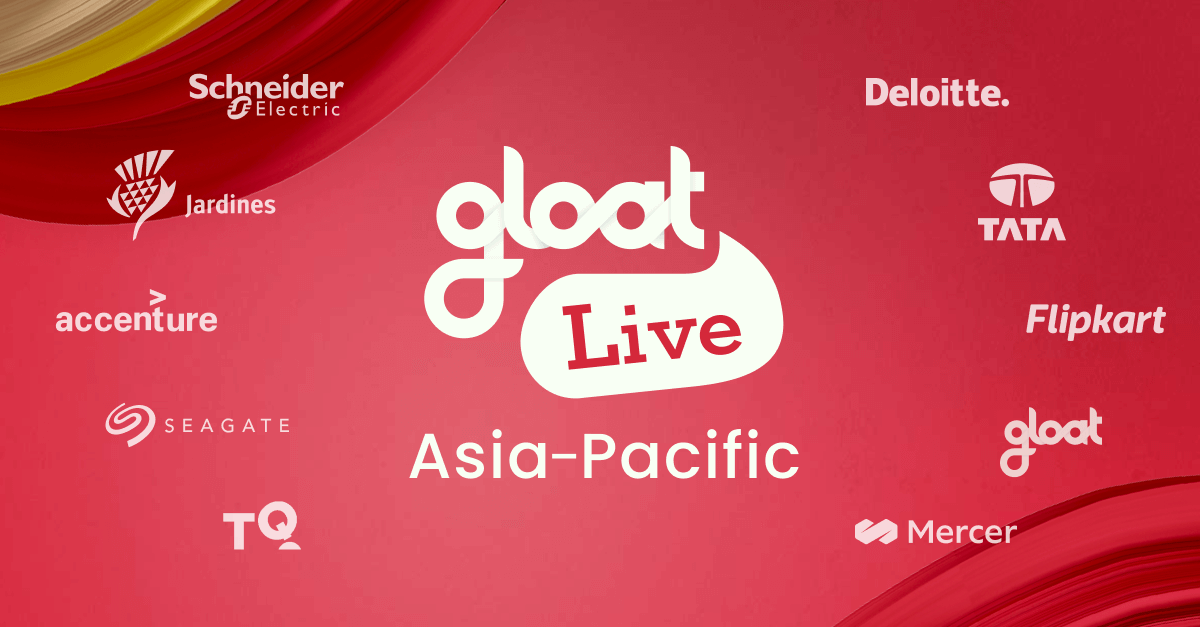One thing every DEI program overlooks
Diversity, equity and inclusion are an important part of every business function – but to do DEI right, having a diverse and inclusive workforce isn’t enough.

As companies around the world ramp up their diversity, equity, and inclusion (DEI) initiatives, organizations are facing similar setbacks: how do you make sure that the policies and remedies being put in action are making real improvements towards a more equitable work environment?
Despite noble intentions, companies are still struggling to meet DEI benchmarks. Just 7.4% of Fortune 500 companies’ CEOs are women—a stark increase in the past twenty years (just two women ran Fortune 500 companies in 2002), but still lightyears from equality.
As more companies attempt to address representation inequalities in their organizations, they’re relying on the same tool to fix it that is partially to blame for it: people. When solely leaning on people to address DEI, companies run the risk of falling into hidden biases in the structure, strategy, and implementation of diversity efforts.
Personal education is a critical element in making organizations more inclusive. But by ignoring tools that help mitigate or eliminate biases, like AI- and technology-backed platforms, business leaders risk making the same mistakes.
Diversity driving demographics
To fall behind on workplace DEI efforts is to go against basic demographics. In the US, nearly half of Gen Z identifies as an ethnic minority, and Pew research shows that no single ethnic group will be the majority in America by 2065. But to wait for demographics to ship before addressing institutional diversity is to perpetuate inequalities.
One of the alarming trends that emerged through the COVID-19 pandemic was the disproportionate amount of job or wage losses incurred by African Americans and Latinx. Both groups were more likely than white Americans and Asian Americans to have been laid off, as well as being more likely to have changed or canceled education plans.
This drain on talent and capability is difficult to quantify. To measure an event that never happened is to make an educated guess, at best. But what’s certain is the moral imperative companies have to address these issues. A Deloitte survey shows that 80% of respondents believe that inclusion is a priority when choosing an employer, and 39% reported that they would leave their current company in favor of a more inclusive organization.
DEI initiatives gaining momentum in a connected world
DEI initiatives are undoubtedly a priority across all industries. In the United States alone, about $8 billion is spent every year on diversity training, and many HR leaders cite a “lack of diversity in the (talent) pipeline” as the top challenge to diversifying leadership.
Despite numerous studies showing that more inclusive organizations—from the broader workforce through the executive suite—create more positive business outcomes, representation efforts often stall at mid-level positions. A U.S. Bureau of Labor Statistics report shows that just 32% of employed African American workers and 23% of Hispanic or Latinx workers are employed in management positions.
To create a diverse leadership team is to train a diverse group of future leaders. The talent marketplace, where employees can apply themselves towards skills training that benefits themselves and their company, is one of the best ways to bridge the diversity gap that currently exists at the leadership level.
By utilizing talent marketplaces as a means to address skill gaps, companies can let the skills of employees speak for themselves—not their gender, ethnicity, religious beliefs, sexual orientation, or any of the other many underlying factors that may have once swayed talent management decisions.
It’s difficult to quantify the talent drain that has occurred as qualified candidates are overlooked for reasons not pertaining to their skills. Organizations have the means to enact meaningful change and engage every employee in their company through available technologies and education that specialize in such matters. Talent marketplaces are effective tools for reducing the effect of human bias in selecting workers for promotions, project opportunities, and training that is necessary to build a diverse leadership team.
Senior leadership’s role in diversity
Gartner Research Director Caitlin Duffy cites that senior leaders have the most sway on talent progression and its outcomes. As the nexus for many hiring and promotion decisions, they hold the greatest power in enacting meaningful change. All human beings have a set of biases, but those that empower themselves with tools and technologies to strip away these notions are better equipped to address workplace inequality.
Transparency is crucial to building trust in DEI efforts. By opening up the process to be visible to all candidates, the belief that inclusion is more than lip service can build trust within the organization. Nearly one-third of employees report that DEI has received more attention within their organization over the past two years, but hazy communications regarding these efforts can undermine the intent.
One of the best ways to engage employees is to put action behind those words.
Making training and skills development efforts open to all employees can show that the company is committed to creating a diverse workforce. More than just talking about it, companies that take action in creating a more diverse environment—specifically amongst leadership—have 19% higher revenue.
Create a workforce of the future by enabling bias-free pathways
Instead of trying to meet representation concerns through hiring more diverse candidates and forgetting them, business leaders who address the latent bias that stalls many DEI efforts can foster a welcoming and inclusive environment for all employees. Talent marketplaces are excellent at not only providing the means of growth but also at allowing employees from various backgrounds to allow their talents and skills to shine on their merit.




